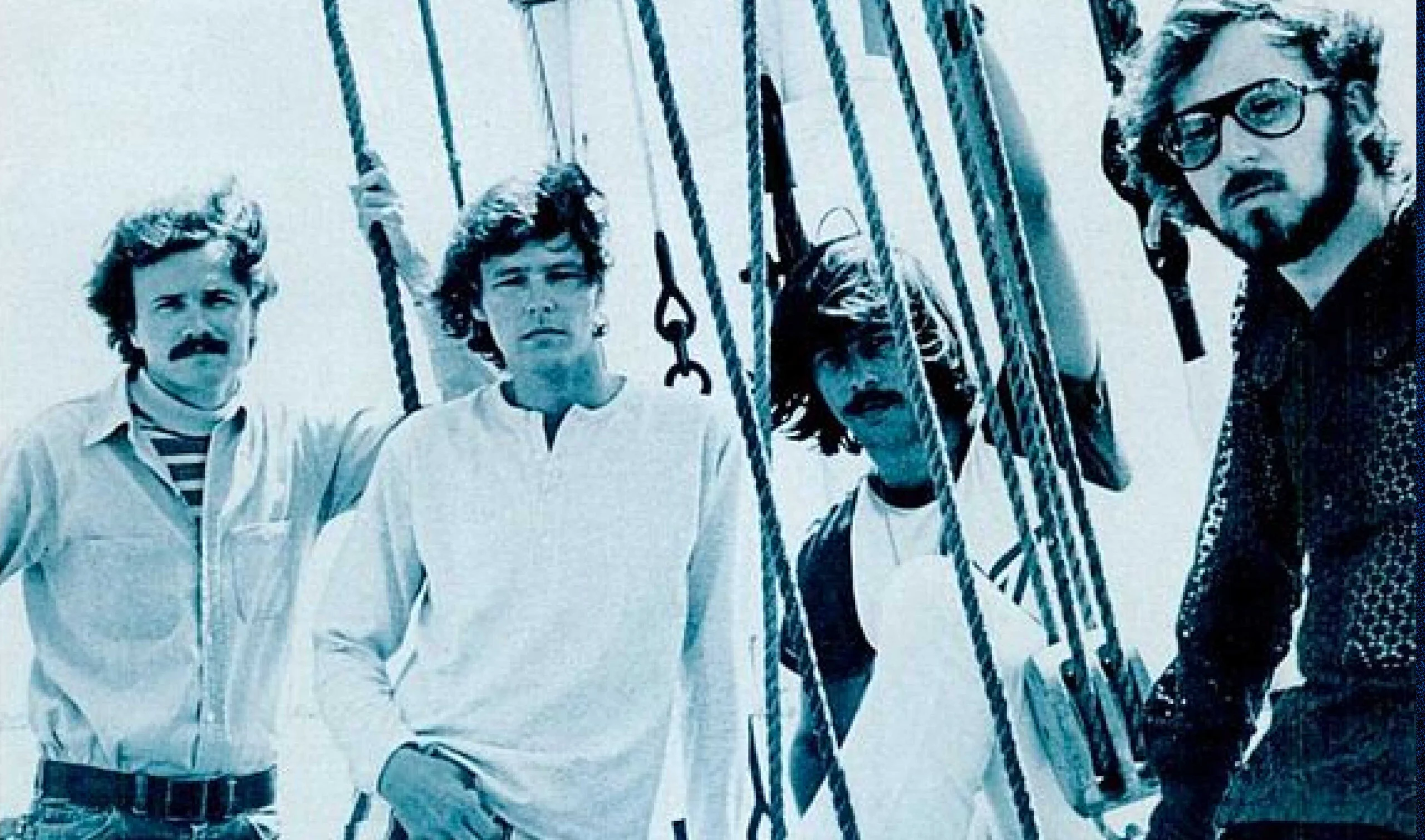
A poignant reflection on loneliness and the inner search for meaning amidst life’s uncertainties.
In the late 1960s, as the music world was shifting and evolving rapidly, a gentle yet profoundly introspective band named Bread emerged onto the scene. With their debut single “Dismal Day,” released in June 1969 from their self-titled album “Bread,” they began a musical journey that would deeply resonate with listeners seeking thoughtful lyrics and melodic sincerity. Although the song itself didn’t climb high on mainstream charts, it quietly found its way into the hearts of those who cherished poetic songwriting and delicate harmonies, becoming a beloved gem for loyal fans and dedicated listeners.
Written by the band’s frontman David Gates, “Dismal Day” is a stirring composition marked by a distinctively melancholic atmosphere. Gates—known for his emotionally charged lyricism and tender vocal delivery—crafted a song that speaks intimately to feelings of isolation, confusion, and existential questioning. The melody moves gently yet hauntingly through verses that speak of waking up to an unfamiliar world, where nothing seems quite right or familiar anymore. Gates’ poignant lyrics, accompanied by subtle yet evocative instrumentals, create an immersive experience that resonates deeply with anyone who has ever felt disconnected or lost in life’s complex currents.
Behind its seemingly simple arrangement lies a profound exploration of the human psyche: the struggle against loneliness, the quest for understanding one’s purpose, and the occasional desire to escape reality’s overwhelming grasp. The song’s quiet introspection beautifully captures those fleeting moments when we find ourselves adrift in melancholy, searching silently for comfort or clarity amid uncertainty.
Listeners who grew up during the late ’60s and early ’70s often recall “Dismal Day” with nostalgic affection—not only because it evokes memories of youthful contemplation but also because it represents a time when music held profound emotional significance. For many, Bread’s gentle melodies were comforting companions during periods of personal transition or emotional turmoil. Their songs offered quiet solace in turbulent times—a reminder that even amid darkness, art can shine brightly with understanding and compassion.
Interestingly enough, though “Dismal Day” didn’t achieve commercial prominence compared to later hits like “Make It with You,” “If,” or “Everything I Own,” it remains cherished by devoted listeners precisely because of its earnest vulnerability and honest introspection. The song symbolizes Bread’s beginnings: humble yet sincere steps toward musical authenticity, unafraid to confront deeper emotions beneath life’s fragile surface.
Today, decades later, hearing “Dismal Day” again feels like revisiting an old friend after many years—one whose wisdom has deepened over time. Its gentle sadness strikes chords within us differently at each stage of our lives; perhaps now more than ever, we appreciate how beautifully Gates captured universal feelings of disorientation and longing. As we listen once more to his soft voice singing about life’s puzzling grayness, we’re reminded gently yet powerfully that melancholy itself is part of being human—that uncertainty and sorrow are companions we all encounter at various points along our journeys.
Indeed, Bread’s “Dismal Day” endures because it speaks directly to our hearts with honesty and sensitivity. It reminds us poignantly how music can mirror our innermost thoughts and feelings, giving voice to emotions we sometimes cannot articulate ourselves. And perhaps this timeless resonance is why older generations still turn fondly toward such quietly profound songs—songs that remind us vividly who we were once upon a time and softly reassure us we aren’t alone in feeling life’s bittersweet shades of gray.
